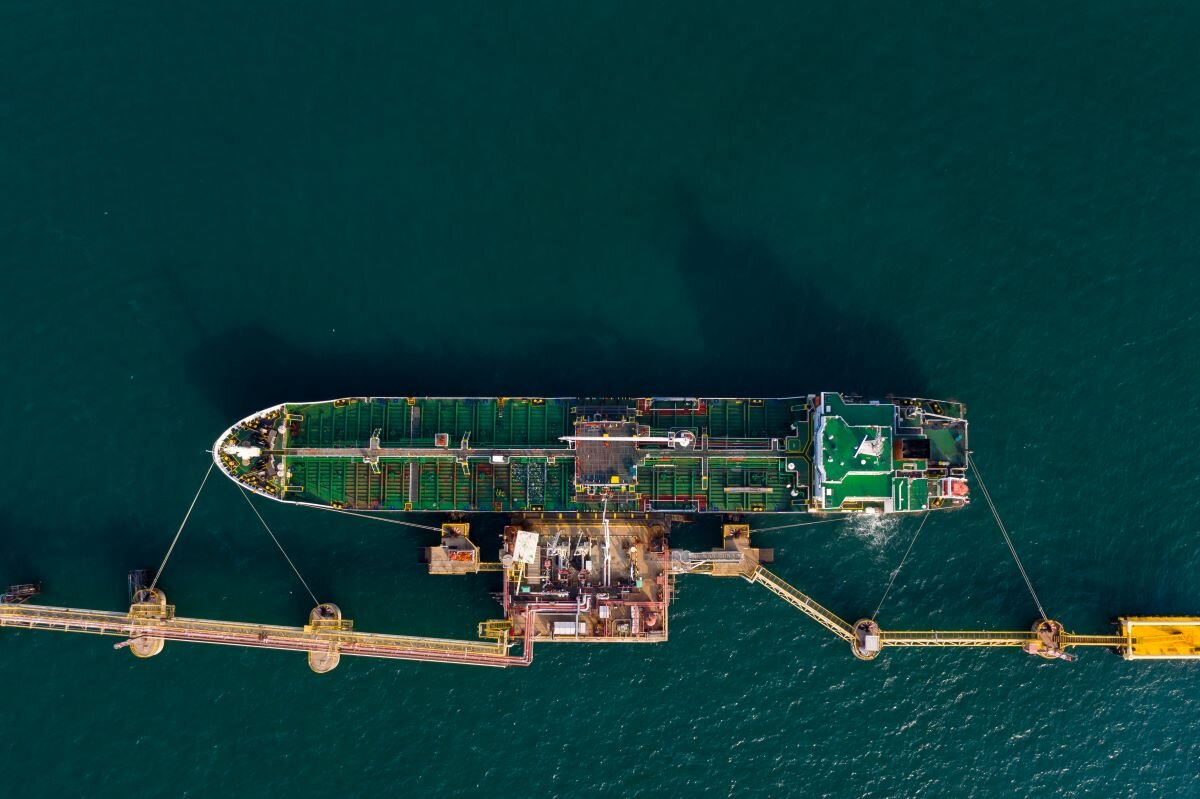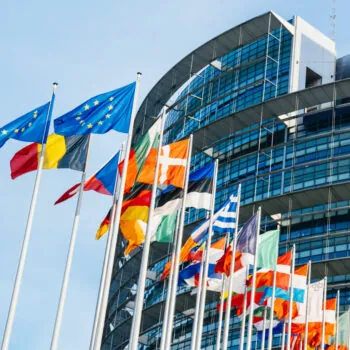The UK continues to prioritise Free Trade Agreements (FTAs) as its primary trade strategy. To avoid undermining its international climate strategy, and losing public support for its trade strategy, the UK’s approach to trade deals needs to be better aligned with its climate objectives. To achieve this, the UK should pioneer climate cooperation agreements inside and alongside its trade deals.
This E3G briefing uses a series of case studies to assess how the UK has progressed climate cooperation in its trade strategy to date. Positive examples are given from the UK’s recent FTA with New Zealand, as well as the UK’s more informal trade discussions with Indonesia and Vietnam. The briefing makes the case for the UK to treat upcoming formal FTAs with the same creativity as more informal trade talks.
The example of International Climate Finance programming in India and Mexico is offered as one way that the UK could creatively bring new announcements on climate cooperation alongside those ongoing FTA negotiations. Lastly, the example of the UK’s upcoming FTA with the Gulf Cooperation Council (GCC) is given as an example of why net zero should be considered a minimum requirement and an essential area for climate and trade cooperation.
The briefing makes the following recommendations:
- Inside UK trade deals, commitments to the Paris Agreement and net zero should be considered a bare minimum for green trade. Formal commitments to climate cooperation are valuable inside FTAs.
- Alongside UK trade deals, greater focus should be given to operationalising the formal cooperation elements inside FTAs. Climate cooperation agreements should be agreed upon and announced in parallel to FTAs.
- Inspiration should be taken from UK JETCOs. Recent examples of the UK’s Joint Economic and Trade Commission (JETCO) discussions have successfully advanced climate cooperation alongside FTAs.
- UK International Climate Finance announcements could be prioritised as a part of FTA-adjacent climate cooperation agreements with India and Mexico.
- Net zero commitments should be considered a ‘red line’ for green trade, and a fundamental area for climate and trade cooperation. Countries with net zero commitments now represent 90% of global GDP. However, the UK is about to start trade negotiations with the Gulf Cooperation Council (GCC), despite half of the GCC not having net zero commitments.


